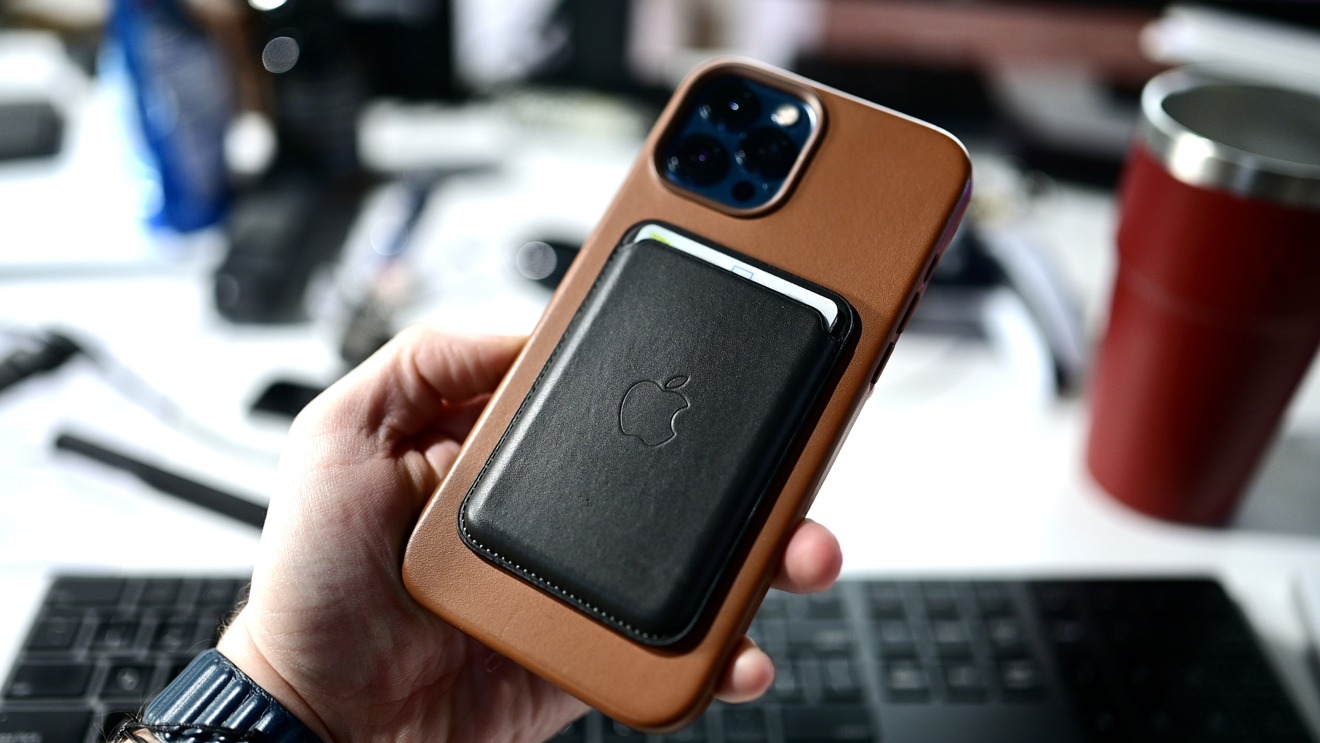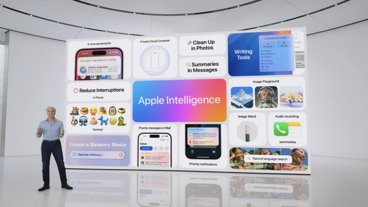An investigation by the US Food and Drug Administration into devices such as MagSafe and the iPhone 12, has concluded that the risk to patients with pacemakers is low, but advises caution.
Following Apple's rewording of its iPhone 12 and MagSafe support documents to recommend careful use of the devices near pacemakers, the FDA has issued its own guidance. The FDA has conducted its own testing and says that although care is needed, the risk of problems is slight.
"We believe the risk to patients is low and the agency is not aware of any adverse events associated with this issue at this time," says Jeff Shuren, M.D., J.D., director of the FDA's Center for Devices and Radiological Health, in a statement.
"However, the number of consumer electronics with strong magnets is expected to increase over time," he continued. "Therefore, we recommend people with implanted medical devices talk with their health care provider to ensure they understand this potential risk and the proper techniques for safe use."
Potential issues with magnets in devices such as Apple's, were first raised in the Heart Rhythm Society's journal in January 2021. Apple had advised users to consult medical practitioners if they were unsure about the magnets interfering, but it then updated that to give more detailed guidance.
Specifically, it advises iPhone 12 users who have pacemakers, or use similar medical equipment, to keep the phone between 6 and 12 inches away from such devices. The FDA's separate testing has resulted in similar advice.
"It is important to emphasize the following: to avoid interference between cell phones and smart watches and your heart device, keep them at least six inches (15 centimeters) away from implanted medical devices," says the FDA in an accompanying advisory. "Also, do not place cell phones, smart watches, and other consumer electronics close to your implanted medical device."
Although the FDA concentrated on cell phones and smart watches, its point about increasing use of magnets is not confined to that category of products. Besides magnets in assorted models of iPad, Apple has separately been researching an expanded use of magnets in case covers, and wearable Apple Watch bands.
Stay on top of all Apple news right from your HomePod. Say, "Hey, Siri, play AppleInsider," and you'll get latest AppleInsider Podcast. Or ask your HomePod mini for "AppleInsider Daily" instead and you'll hear a fast update direct from our news team. And, if you're interested in Apple-centric home automation, say "Hey, Siri, play HomeKit Insider," and you'll be listening to our newest specialized podcast in moments.
 William Gallagher
William Gallagher







-m.jpg)






 Malcolm Owen
Malcolm Owen


 Wesley Hilliard
Wesley Hilliard



 Christine McKee
Christine McKee



-m.jpg)




6 Comments
You hear that sound? That sound are armies of ambulance-chasing lawyers feverishly typing their template lawsuit filings, waiting for an iPhone-owning person with a pacemaker to die.
i feel this story just gave these lowlifes an idea.
Let’s hope it’s going to be safe having these magnets in phones. I’m wondering about the long term exposure with the device close to the body for long periods of time. There is interesting info on effects of magnets near the body available. It also appears that iron in the blood is different than just regular iron, it’s in a different state. Hopefully Apple did their homework on safety before the go ahead was given to just start using magnets.
Although it is something to be aware of, this isn't really anything new: people with pacemakers are advised not to hang their headphones around their necks due to the magnets in the headphones.